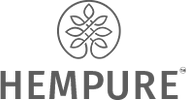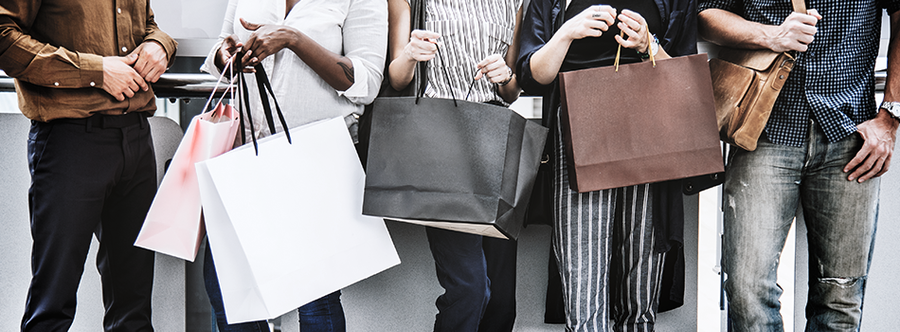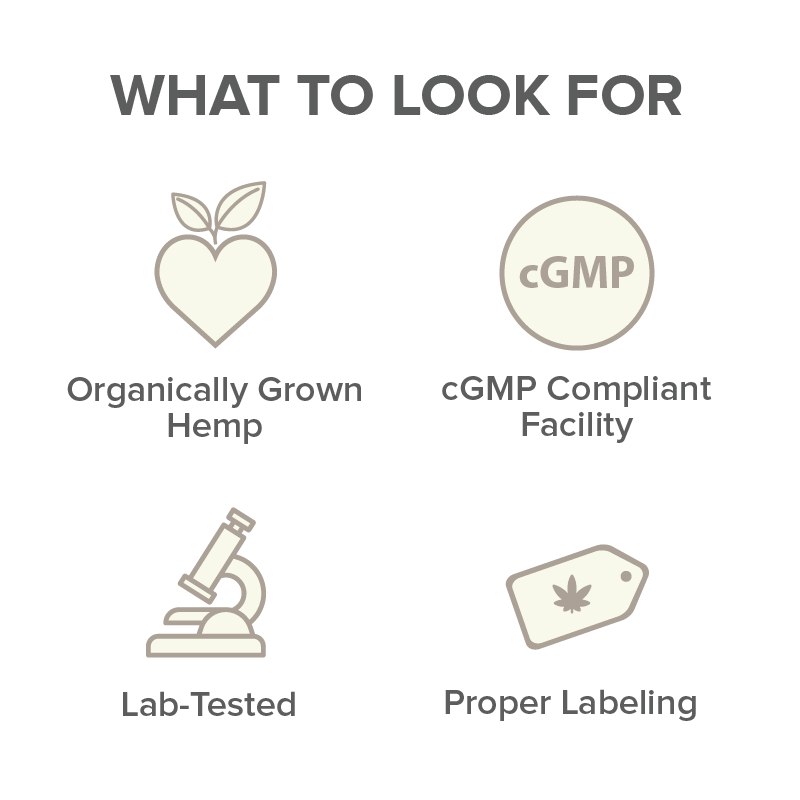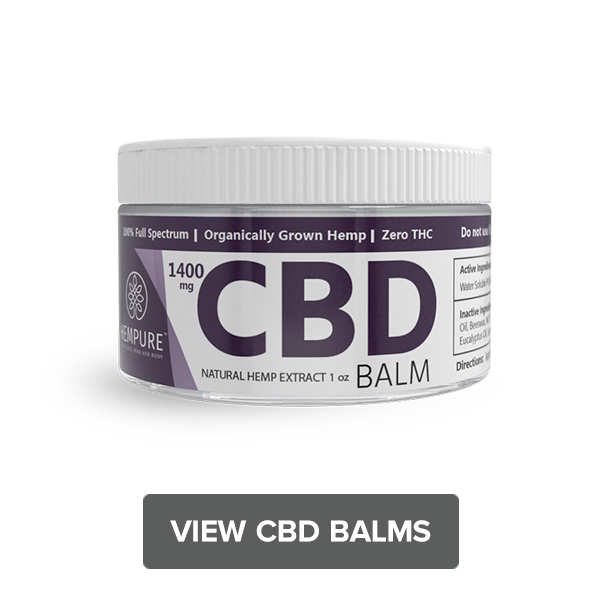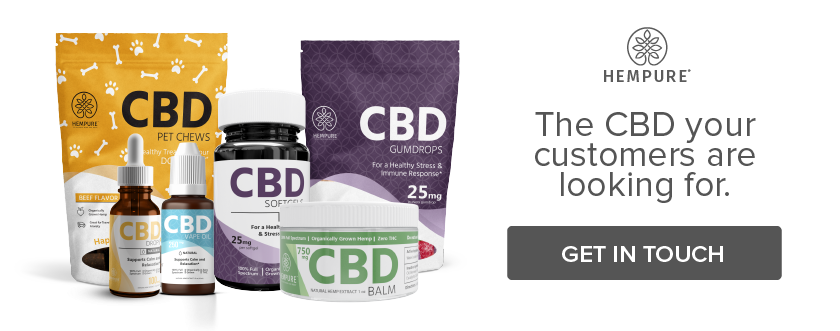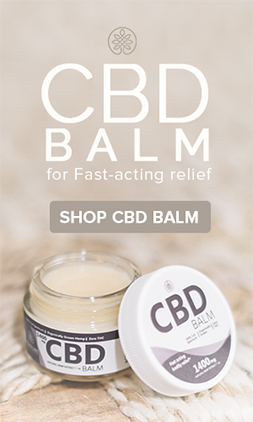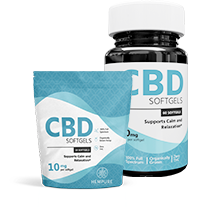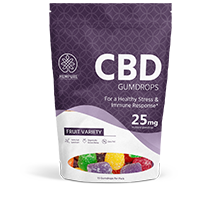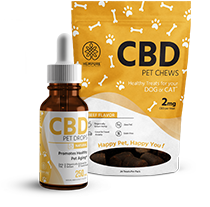What retailers need to know about CBD
Sabina King on Oct 6th 2019
“I don’t care about providing customers with high-quality products,” said no retailer ever! If you’re in the business of selling, you know that your customer’s well being and satisfaction are paramount – not just because it’s ethically right – but also because customer satisfaction builds loyalty. When it comes to the hemp and CBD market, retailers have to be extra careful: the current climate of unregulated products has led to new brands popping up every day, with no quality checks in place. Lucky for you, we’ve created a handy guide of questions you need to ask prospective manufacturers before allowing them onto your shelves.
What retailers should ask about CBD
Did it come from organically grown hemp?
You might already know that CBD comes from hemp, but did you know that hemp is a plant known for its ability to absorb toxins and heavy metals from the soil that it grows in? Basically, if your hemp is grown with fertilizers and pesticides, there’s a good chance those chemicals will make their way into your CBD.
Needless to say, you don’t want your customers ingesting pesticides, which is why a brief check on the company’s manufacturing process is important.
Is it lab tested?
Unfortunately, a company that sources organically grown hemp for their CBD may still wind up with harmful microbes, toxins or chemicals in their final product. Some chemicals are actually products of the manufacturing process, but it is the manufacturer’s responsibility to make sure the final product is 100% safe. The only way to do this is through third-party lab tests on all products. Moreover, several CBD companies have been sent warning letters by the FDA over the years for false claims about the amount of CBD their products contain. Believe it or not, some were found to have no CBD at all! This is why it’s imperative that you stock brands that invest in third-party lab tests for their products. Essentially, lab tests not only confirm that the label is honest about the amount of CBD in the product, but also that the product is free of toxins, chemicals, solvents, bacteria, and heavy metals.
Is the facility cGMP compliant?
Look for proof of the manufacturer has taken steps to make their facility cGMP compliant. This is a good practice when choosing any kind of product at your establishment, but becomes more important with CBD in the absence of other necessary regulations.
Is the label clear & accurate?

Save your customers the inconvenience of going home with the wrong product because it wasn’t labeled right. Key items that the label should clearly state are the net weight of the product as well as the amount of CBD. Mentioning the amount of CBD on the front (shelf-facing side) of the label is optional, but it does make it a lot easier for the customer to make their choice. Bonus points to companies that specify whether or not their product contains THC on the front of the label. Since THC could make you fail a drug test, this makes choosing the appropriate product a lot faster. The label also needs to include supplement facts, list other ingredients and the name and place of the business so that customers can contact them if they need to.
New, often inexperienced ‘ganjapreneurs’ are stepping into the CBD market by the dozen. It doesn’t help that laws surrounding CBD are hard to understand, even for those who have been in the business for a while. The best way to improve the current climate is by weeding out brands that aren’t up to the mark in terms of quality, by denying them space on your shelves. When you stock high-quality, lab-tested products, not only are you looking out for the wellbeing of your customers but the market on the whole too!
